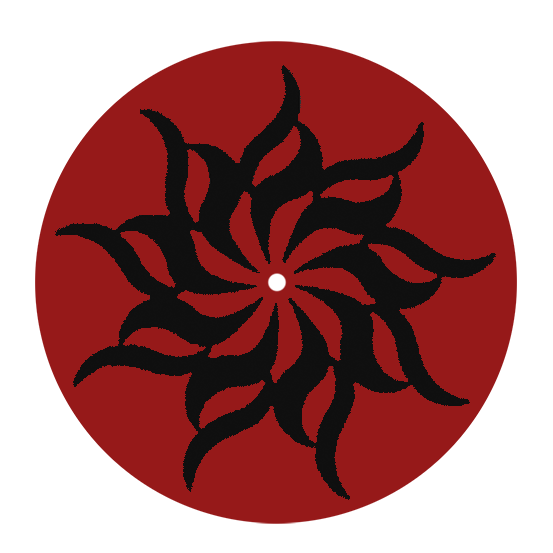Āyurveda Maulika Siddhānta [12hr Theory – Accredited Hours Teacher Training Programme]
The term “Āyurveda” comes from the Ārya language (Sanskrit language) “Āyus” + “Veda” (lit. the Science of Life). Āyurveda imparts the knowledge of life and discusses the means for attaining life’s goals and longevity. Āyurveda has changed and evolved in the course of the last two millenniums but has kept always intact the basic theoretical principles on which the entire system is based.
These fundamental principles (Maulika Siddhānta) can be integrated into our life, the practice of yoga and teaching. The programme is meant to introduce yoga teachers, aspirant yoga teachers and anyone interested in the subject with the basic intellectual tools necessary to engage in a serious study of the subject and its application.
Teacher Training’s concept
Improving one’s life and becoming a “yoga teacher” is a continuous process of education that is refined through many years of study, practice and teaching experience. In this long process, the theory and the practice are regarded as equally important. The Maulika Siddhānta 12-hour Accredited for those who have joined Navakaraṇa Teacher Training Programme is a certified theoretical programme which provides the participants with the basic understanding of this subject.
Participants will be accredited and an acknowledgement on Āyurveda Maulika Siddhānta will be given by the Teacher and Certified by Pure Yoga.
Curriculum
Introduction to Āyurveda
– The origin, etymology and definition
– The principles of Sāṁkhya in Āyurvedai
– Subject, Role, Object and Scope and Cardinals principles of Āyurveda
– The pathogenesis of disease, the theory of natural subsidence
– The holistic approach towards health, longevity and success
Sāṃkhya Cosmology
– The Law of Uniformity of Nature (cosmological principles that govern the macro and the micro)
– The conglomerated self (rāśi-puruṣa) and the evolutionary process
Āyurveda Maulika Siddhānta (Fundamental principles of Āyurveda)
– Tri-doṣas theory
– Interaction of prāṇa and doṣa
– Qualities, characteristics, phases (gati), aggravation of doṣa-s
– Causes, symptoms and treatment of aggravation of Doṣa.
– Dhātu (bodily tissue), upadhātu (bodily fluids and tissues and their byproducts) and Ojas (vital power)
– Mala (impurities), agni (fire – the bio-chemical-agent), ama (undigested bio-substances)
– Sattva (mental purity) and mānasa doṣā-s (psycho-pathogenic factors)
– Prakṛti (the individual constitution)
– A brief on Dravya (substance) and its substratum: guṇa (proprieties); karma (action); rasa (taste), vīrya (inherent power), vipāka (ultimate transformation); rasa (taste), prabhāva (specific potency)
– Interaction of the individual constitution with Kāla (time factors and seasons) and deśa (habitat)
Āyurvedic Lifestyle
– Introduction to Svasthavṛtta (healthy lifestyle)
– Purification and rejuvenation measures
– Diet and regimen according to dośa
– Personalised seasonal regiment
– Integration of Āyurveda principle into yoga practice
– Q&A and discussion.
Conducted in English with live interpretation / translation.
Schedule
Saturday and Sunday
9:00 am – 12:00 pm
1:00 pm – 4:00 pm
